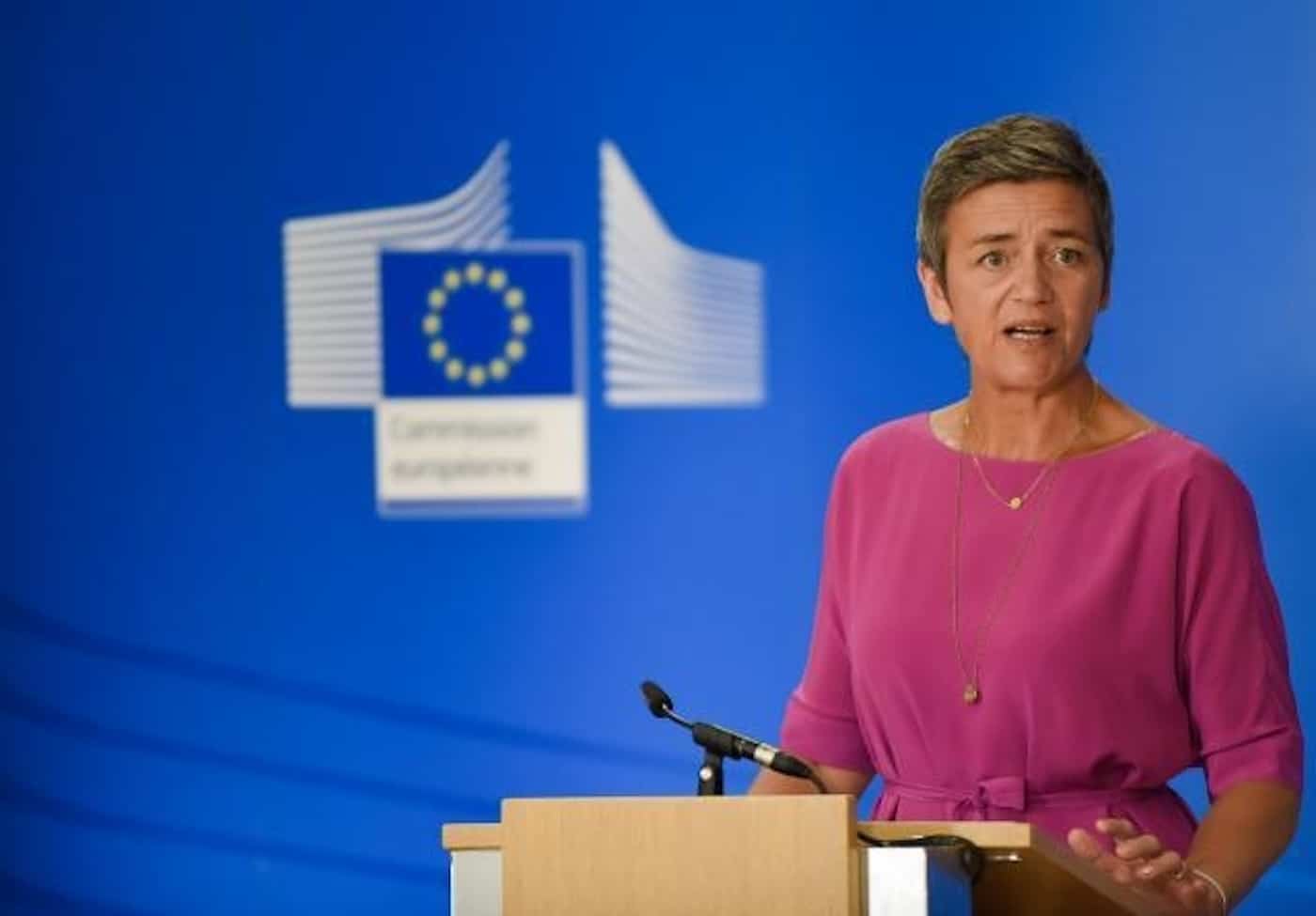Margrethe Vestager, the current European Commissioner for Competition, has announced that she will not seek a third term in her position, marking the end of her mandate in a few weeks. Vestager, who also holds one of the three executive vice-presidencies of the European Commission, has been a key figure in shaping Europe’s digital agenda, focused on adapting the continent to the digital age.
According to the Financial Times, Vestager’s decision not to seek re-election is linked to her party’s unfavorable results in the 2022 elections in Denmark. The Social Liberal Party, to which Vestager belongs, failed to maintain its position in the current government coalition, which influenced her decision not to continue in the role.
A tenure marked by technological regulation
During her tenure, Vestager has been known for her strong stance against big tech multinationals, especially those from the United States. Under her leadership, the European Commission has conducted significant investigations and imposed sanctions on giants such as Apple, Alphabet, and Meta, demanding substantial changes to ensure fair competition in the market. Additionally, Vestager blocked the merger between Alstom and Siemens and has overseen fines totaling around $20 billion. Despite this, some sanctions are still in the process of appeal and may be modified.
Vestager has faced criticism from some of the CEOs of the companies affected by her decisions. Apple’s Tim Cook went as far as to describe one of the imposed sanctions as “completely political garbage,” reflecting the controversy that her work has stirred in the business world.
The selection process for the new Commissioner for Competition
The future of the Competition Commissioner is up in the air as European Commission President Ursula von der Leyen initiates the selection process to find Vestager’s successor. Von der Leyen will conduct interviews with the candidates before the end of the month. EU member states typically propose candidates for these positions, and the selection is made in consultation with the Commission President.
Potential successors include Commissioner Didier Reynders from Belgium; Commissioner Wopke Hoekstra from the Netherlands; and Commissioner Thierry Breton from France. The appointment of the new Competition Commissioner will be announced this autumn, and the next holder of the position will have the task of continuing to oversee competition and market regulation in the digital age.
This change in the European Commission marks a turning point in the regulation of big tech companies and the shaping of EU competition policy, which will remain an area of great interest and scrutiny internationally.
Source: MuyComputer and Financial Times.

